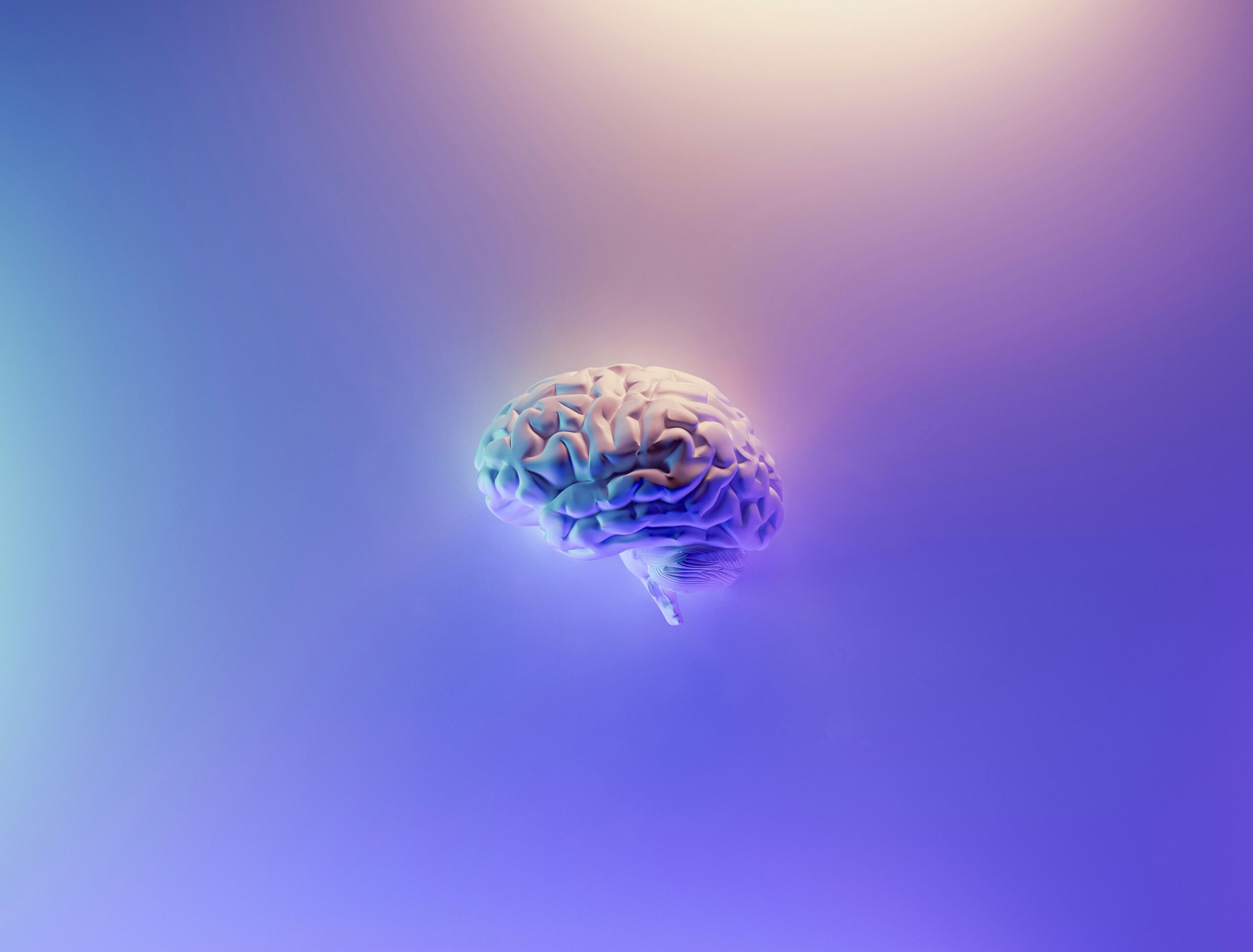From Wanting to Meaning: The Science Behind Pleasure
Think about the last time you experienced something highly pleasurable. Was it a sense of excitement? A feeling of safety or relaxation, or the satisfaction of an accomplishment? What was happening in your system that led to the experience of pleasure?
Pleasure is an integral part of our lives, influencing our decision-making and shaping the quality of our experiences. It’s more than just a fleeting sensation; it’s a complex interplay of wanting, liking, and learning that significantly contributes to our mental and emotional health.
HAPPY HORMONES
Pleasure begins with a desire or motivation for reward. It could be the longing to be seen, a material quest, or the craving to satiate hunger. The desire triggers the release of dopamine in our brains, previously dubbed the “pleasure hormone”. But today dopamine is better understood to be a part of a larger reward network, primarily related to motivation and desire rather than actual enjoyment.
Being super hungry and grabbing the nearest box of dry crackers versus enjoying a bowl of your favorite comfort food are two very different experiences. One satisfies a basic want, the other delights.
With each of these experiences, we learn. Learning informs how we think about future rewards, which is crucial because for liking or satisfaction to take place there needs to be some sense of novelty or mystery about the outcome. If you eat the same comfort food everyday, it becomes less exciting – the reward becomes too predictable and dopamine levels decrease. Studies on online dating behaviors illustrate this well. Participants in these studies report the thrill of swiping, the spark, the potential, but on actual dates feel disenchanted. They return to swiping to get their fix. Other studies on reward-seeking behavior have shown that rats will endure self-inflicted electrical shocks to obtain another hit of a substance, even at the cost of their comfort or health.
HOLISTIC EXPERIENCES
Wanting, liking, and learning each play important roles in pleasurable experiences and recruit more parts of our brain. Scientists have identified “hedonic hotspots” in our brain that are separate from the reward circuitry. When these hotspots communicate, our “integrated pleasure circuit” is activated1. According to scientists, the entire network needs to be activated to fully experience pleasure. This means that wanting, liking, and learning all need to occur for pleasure to be a complete experience.
It’s important to note that not all experiences of pleasure are created equal. There’s a profound difference between raw hedonism, the pursuit of pleasure for pleasure’s sake, and experiencing a profound level of joy that stays with you. In our culture today we often see an emphasis on wanting – or hollow hedonism; the pursuit of pleasure for pleasure’s sake. It’s quick, superficial, and overstimulating. It’s porn. Sugar. Reality TV. We are like the lab rats, with our finger on the trigger dosing out dopamine and numbing ourselves into pseudo-pleasure states that lack meaning or substance, leading to temporary satisfaction but not lasting fulfillment.
PLEASURE IS COMPLEX
To cultivate a life filled with genuine pleasure, two classic teachings might help us; non-attachment and balancing hedonia with eudaemonia. Non-attachment allows us to experience states of ease and contentment by decoupling wanting and liking. We can enjoy our desires without being attached to their outcomes.
Second, finding a balance between hedonia (pleasure) and eudaemonia (a sense of meaning), as described by Aristotle, can lead us to holistic pleasure. Everyday pleasure is not about chasing dopamine hits. It involves delving deeper into the complexity of our desires by finding the meaning in them. And this is where science finds its limits. Levels of hedonism, pleasure, wanting, and liking are easier to measure than a more abstract sense of meaning and purpose. As pleasure researcher and neuroscientist Dr. Kent Berridge states, “We know very little about how the brain gives rise to a broader sense of a life well-lived. We hope…discoveries will help people unite pleasure and purpose, elevating everyday experiences to something truly satisfying, perhaps even sublime.”2
Science has provided us with fascinating insights into the neurobiology of pleasure. But it’s clear that our experiences of pleasure reach beyond what can be measured or explained scientifically.
INQUIRY:
How attached are you to the outcomes of your desires?
Do your experiences of pleasure emphasize wanting or liking?
Are you chasing dopamine hits or truly finding meaning in your experiences?
